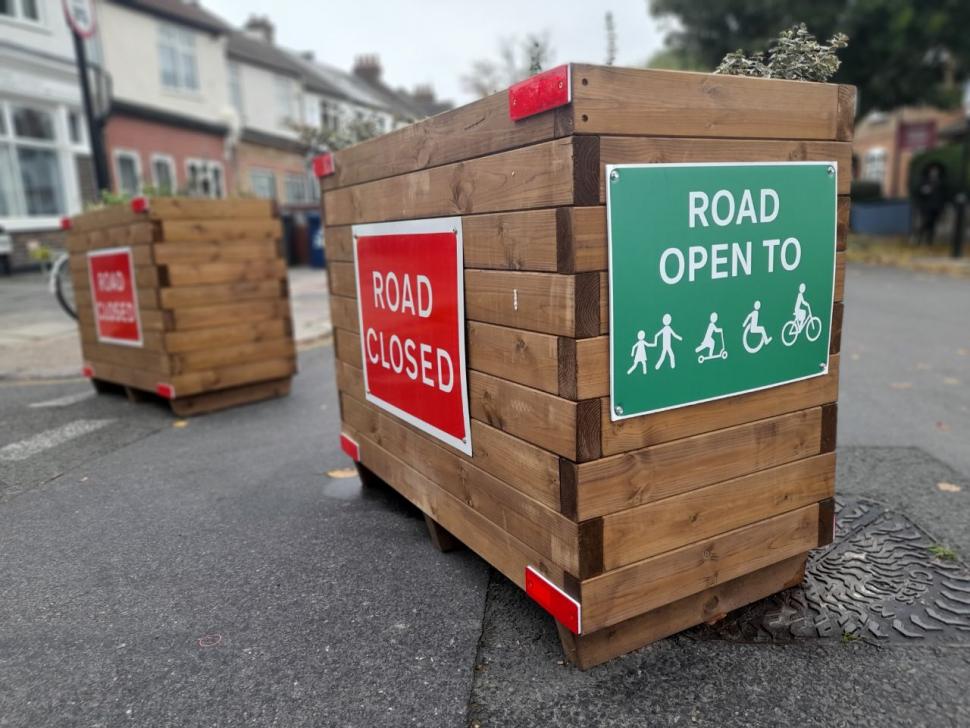
Will the post-pandemic environment enable us to decarbonise transport? This was the subject of a webinar in the PTRC “Fireside Chat” series, chaired by Glenn Lyons of the University of the West of England.
Glenn opened the meeting in front of an image of a sinking Titanic, comparing the current situation to the moment just before the ship hit the iceberg: “We must change course before disaster strikes.”
The question put to the panel was whether the pandemic has made the aim of reducing greenhouse gasses by 68% by 2030 – at least in the UK – more achievable.
The panel included Jillian Anable, of the Institute of Transport Studies, Brendan Rooney of Scotland’s Transport Climate Change, Claire Haigh of Greener Transport Solutions, Bob Moran of the Department of Transport, SOIF’s Director of Futures, Andrew Curry, and the University of Westminster’s Active Travel Academy champion, Rachel Aldred. Here are some of the themes that came out of the discussion.
Cutting car use
There’s a risk that the post-pandemic recovery could be driven by cars or aviation — as previously. But to cut emissions in the post-pandemic world we need to reduce both car use and car ownership, and transform the way public transport is governed and operated. Scotland already has a target to reduce car use. It wants to cut total car mileage by 20% by 2030, and reduce single car occupancy.
Active travel has increased as a result of the pandemic. 4% of people in London are now covered by low traffic neighbourhoods – that’s 300,000 people. Local research in London from earlier schemes shows low traffic schemes reduce car ownership and encourage play areas. One pandemic effect has been to make high streets more user friendly.
Carbon tax
A survey by the zero carbon campaign found that two-thirds of respondents agreed that a carbon tax was an effective way of raising funds.
The pandemic has reduced emissions from the aviation industry. Passenger levels are currently down to those of the mid-70s. Despite optimistic noises from the aviation industry about recovery, business travel is likely to decline, and carbon taxes increase, with consequences for the airlines’ business models.
The government’s transport decarbonisation plan, which will be published later in the spring, will map the steps to zero emissions transport. But, as Glenn Lyons reminded us as he closed, “This is going to continue to be a very difficult journey.”
If you want to watch the whole of this fascinating conversation please click here. SOIF’s pre-pandemic work for IATA is described here (opens pdf).
